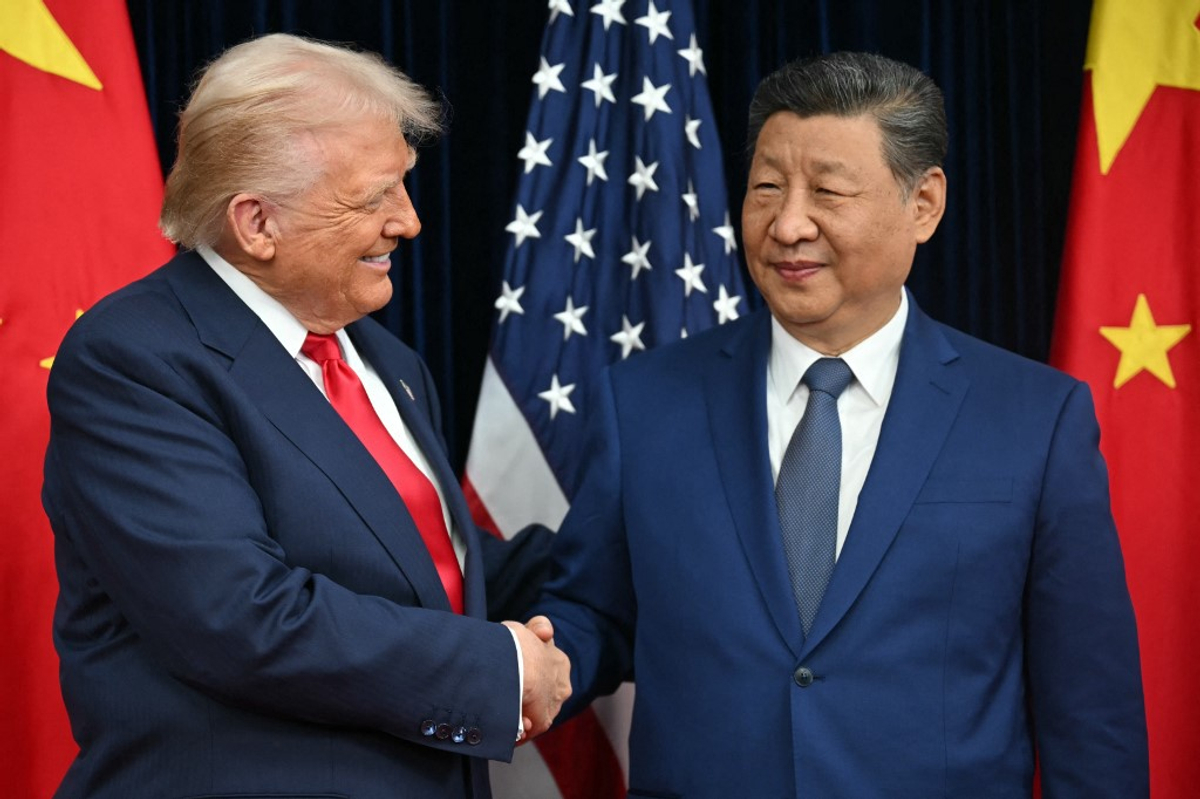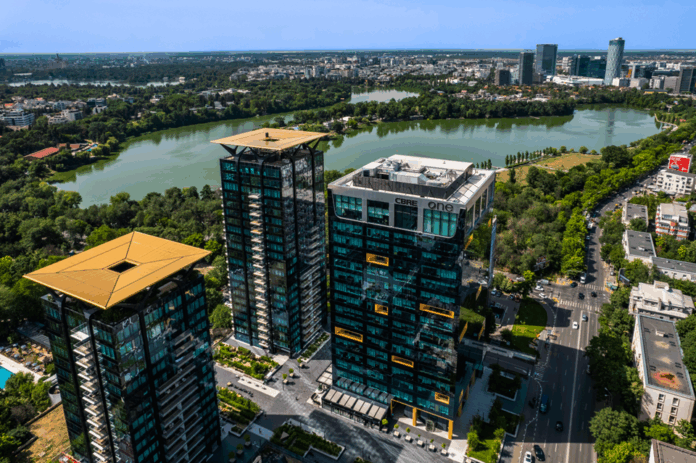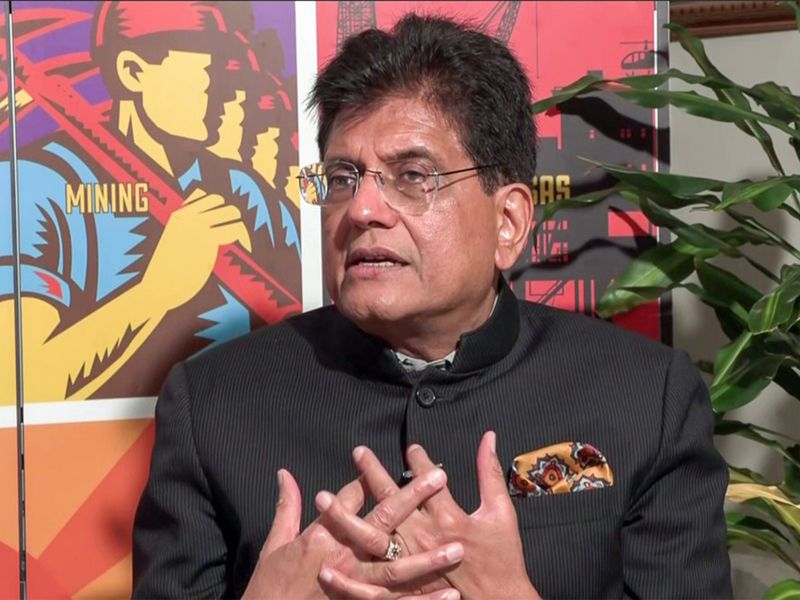Copyright kyivpost

US President Donald Trump and Chinese President Xi Jinping met in the South Korean port city of Busan on Thursday. The meeting took place on the sidelines of the Asia-Pacific Economic Cooperation (APEC) summit and ended with firm handshakes and smiles. It was the first official in-person encounter between the two leaders since Trump’s re-election taking place against a backdrop of volatile trade relations. Earlier this month, Trump had threatened to impose additional tariffs on Chinese imports and suggested he might cancel talks with Xi in response to Beijing’s restrictions on rare earth exports. The meeting with the Chinese leader came after South Korea rolled the red carpet a day earlier for Trump during his Asia tour. The United States and South Korea have reached a broad trade agreement, cutting tariffs to 15% from 25% and agreeing for Seoul to invest $350 billion in the US, including $200 billion in cash and $150 billion in shipbuilding. Opening the session with Xi, which lasted for one hour and forty minutes, the US president described it as “a great honour to be with a friend,” while Xi acknowledged that the two sides “do not always see eye to eye,” noting that differences were natural given their “distinct national conditions.” Both leaders were accompanied by top members of their respective delegations. On the Chinese side, Xi was joined by Foreign Minister Wang Yi, Cai Qi, his de facto chief of staff and fifth-ranked member of the Politburo Standing Committee, as well as Zheng Shanjie, chairman of the state economic planning agency, and Commerce Minister Wang Wentao. Trump’s team included Secretary of State Marco Rubio, Treasury Secretary Scott Bessent, US Ambassador to China David Perdue, and White House Chief of Staff Susan Wiles. What has been agreed The White House began live streaming audio of Trump taking questions from reporters aboard Air Force One shortly after his departure. Trump described his summit with Xi as “amazing” and “friendly,” noting that the two leaders reached agreements on several issues. He said that while many topics were discussed, “Taiwan never came up.” Trump also confirmed that the issue of Ukraine was addressed and described the conversation as lengthy. He added that the US is willing to collaborate with China to explore ways to “get the war finished.” On the overall outcome of the meeting, Trump rated it “12 out of 10,” saying, “On a scale from 0 to 10, with 10 being the best, I would say the meeting was 12.” On soybeans Trump announced that China will immediately begin purchasing a “tremendous amount” of American soybeans and other farm products, making it easier for Trump to appease his constituents in Iowa, Kansas and across the Midwest affected by China making zero purchases of agricultural products in September. When asked about the timeline for a formal trade deal with Beijing, Trump said it will be signed “pretty soon,” noting that there are few major “stumbling blocks.” “We have a deal,” he told reporters aboard Air Force One en route to Washington On Fentanyl Trump said that he and Xi agreed China would “work very hard” to address the fentanyl crisis, despite the issue’s complexity. Trump added that the 20% tariffs on Chinese goods related to fentanyl will be reduced to 10%, effective immediately. AI chips and Nvidia Trump said Beijing will hold talks with Nvidia CEO Jensen Huang, with US authorities acting as a “referee.” He confirmed the discussions will exclude Nvidia’s top AI chip, the Blackwell, but added: “It’s a lot of chips, and that’s good for us.” The potential transfer of AI technology by Nvidia, the first publicly traded firm to reach 5 trillion USD in capitalization, drew much public scrutiny in the United States earlier as handing access over AI technology is deemed a national security concern. A former State Department Official under the Biden Administration, Chris McGuire, stated that any American sales of AI chips would “cede the biggest advantage that America has in AI.” Trump said the dispute over rare earth trade with China has been resolved, calling it a “worldwide situation” rather than just a US concern. He added, “There’s no roadblock from China anymore.” The flow of rare earths – critical for electronics, defense, and other technologies – has been a major point of tension between the two countries. China controls much of the processing of these minerals and recently tightened restrictions on exports, raising global concerns. Rare earth materials are also critical for modern military production. So, any restrictions from China were bound to negatively affect the production and supply of much needed weapons to Ukraine. The Busan meeting between Trump and Xi signals a cautious thaw in US-China relations, with both sides presenting their discussions as constructive and forward-looking. Agreements on soybean purchases, fentanyl controls, AI technology dialogue, and rare earth trade suggest a willingness to address key economic and security issues, even amid lingering differences. The next steps in implementing these agreements will determine whether this handshake marks a lasting breakthrough or a temporary pause in tensions.



